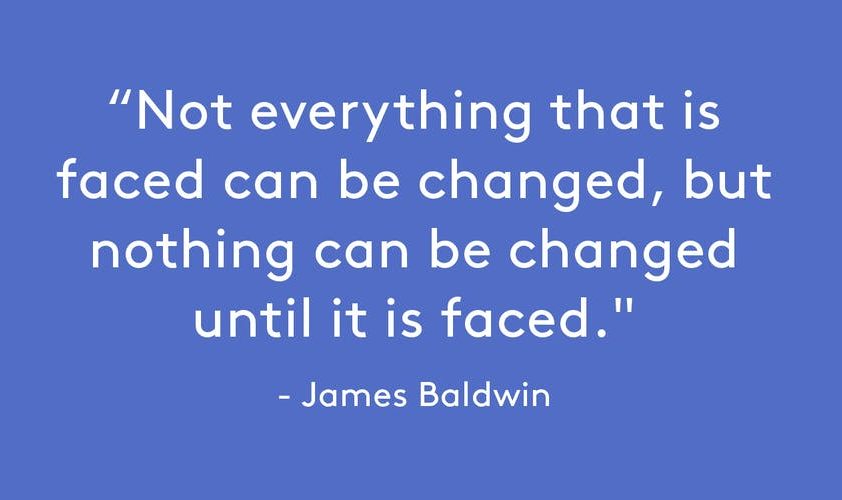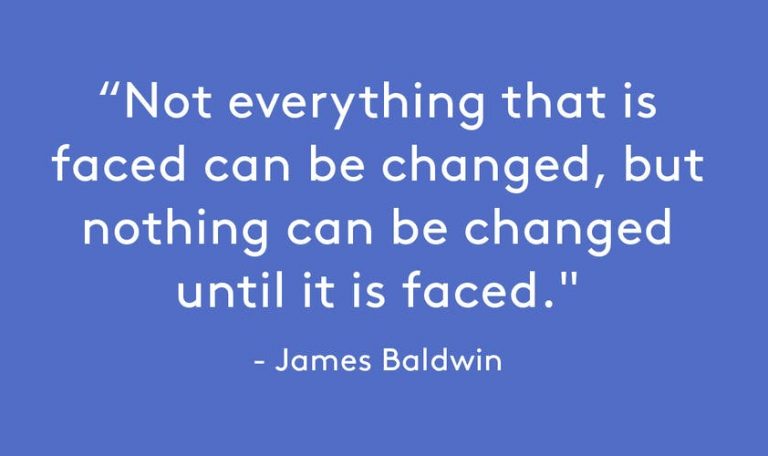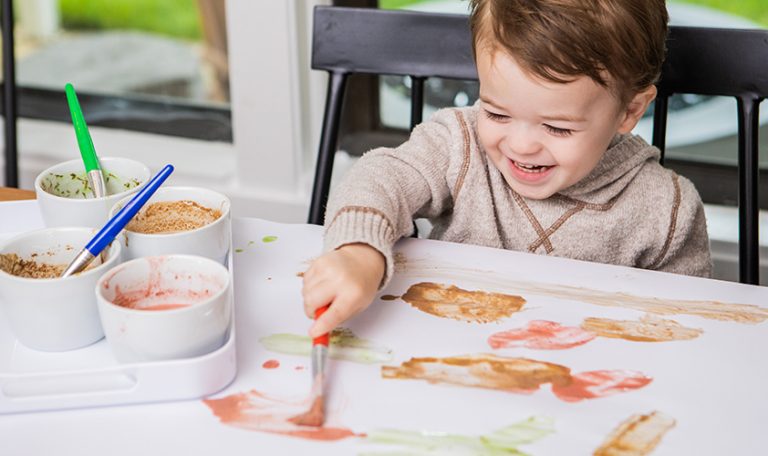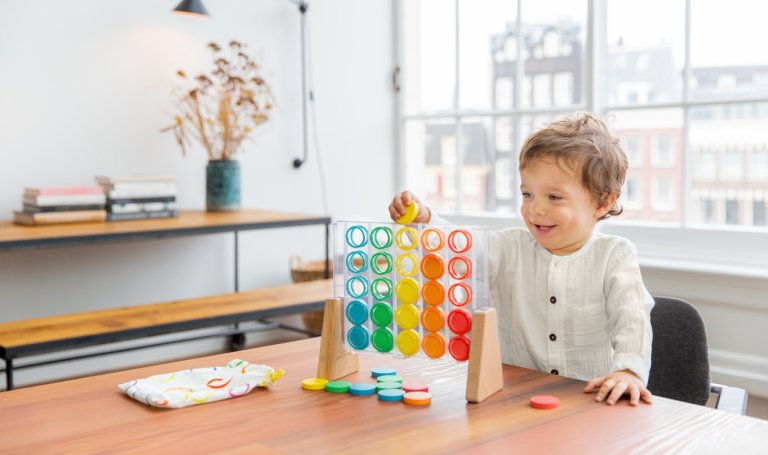Research shows that your two-year-old may already be noticing race

As parents, many of us wonder whether to talk to young children about race and racism. Some parents do it from day one, some wait, and many struggle with how to tackle such a complex topic with babies and little children just beginning to understand the world. How do we start working towards anti-bias and anti-racism so early? Is it appropriate to do so?
Although there are many approaches to this type of education, one clear consensus emerges from experts: it’s never too early to start. Babies begin to absorb information about race at surprisingly young ages. Young children also notice more than we often think; so much filters down to them. The line between protecting and informing our children is blurry, and we may have to act against our protective instincts, and perhaps our fears, to begin this important parental work.
For those who have not yet begun this work and these conversations, it can be overwhelming to know *how* to do something, how to say something. Specific guidance on words to use, books to read, ways to answer tough questions our children ask, what to show our children and what to protect them from, can be useful. So is hearing from multiple perspectives and taking in lots of different stories.
Below are some resources on how to approach these conversations. For those of us with babies and toddlers, many of the actions we can take are simple by necessity: seek out books that center main characters of different racial and ethnic backgrounds, and expose our youngest to a wide variety of stories. The earlier we share the rich and varied nature of people with our young children, the more they grow up recognizing that both similarities and differences make us strong—and that there is work to do yet. For older kids who can start to engage, being open about race, racism, prejudice, and inequality is key: our children’s curiosity and lack of filter can feel so uncomfortable. But shutting it down sends the message that these topics are taboo and not to be talked about.
Here are some resources that might be helpful:
- Talking to Children After Racial Incidents, featuring author Howard Stevenson, an expert on racial stress and trauma.
- Talking to kids about race, from National Geographic, includes advice for very young children.
- Beyond the Golden Rule: A Parent’s Guide to Preventing and Responding to Prejudice, a toolkit from Teaching Tolerance that spans ages 2-17.
- Your Age-by-Age Guide to Talking About Race, from 6 months to age 8, from Parents Magazine.
- Race Talk: Engaging Young People in Conversations about Race and Racism, from the Anti-Defamation League.
- How to Talk About Kids and Race from Brightly, by author and mother Olugbemisola Rhuday-Perkovich, full of studies, citations, and resources.
- Even Babies Discriminate: A Nurture Shock Excerpt by Po Bronson and Ashley Merryman.
- Study about racial bias in babies from the University of Toronto.
- Stages of Racial Identity Development by Louise Derman-Sparks, anti-bias educator.
- Racial Identity Development During Childhood, a study by the University of Pennsylvania.
- What White Children Need to Know About Race, by Ali Michael and Eleanora Bartoli of NAIS (The National Association of Independent Schools), is about the particular need for white parents to talk to their children about race.
- We Need More White Parents to Talk to Their Kids About Race. Especially Now by Chandra White-Cummings.
- Teaching Young Children About Race, by Louise Derman-Sparks and Julie Olsen Edwards, is about creating a rich anti-bias environment for children.
- From NPR’s Life Kit podcast, Talking Race With Young Children also has a wealth of resources and advice on its episode page.
- A large list of other resources from the Center For Racial Justice In Education.
This post is also available in:
![]() Deutsch
Deutsch ![]() Nederlands
Nederlands
Posted in: 25 - 27 Months, Empathy, Identity, race, Social Emotional, Child Development
Keep reading

25 - 27 Months
Research shows that your two-year-old may already be noticing race
Discussing issues of race and racism with young children may seem overwhelming, but there are many ways to engage in these discussions.

25 - 27 Months
DIY spice paints, nature soup, and more ways to explore smell
Many sensory activities focus on texture, temperature and other tactile properties. Try these ways to incorporate smell into your two-year-old’s sensory play.

25 - 27 Months
How long should my two-year-old be able to focus?
Supporting your child’s ability to focus and concentrate helps them get deeper into play and lays a foundation for the mental stamina they’ll need later on.
